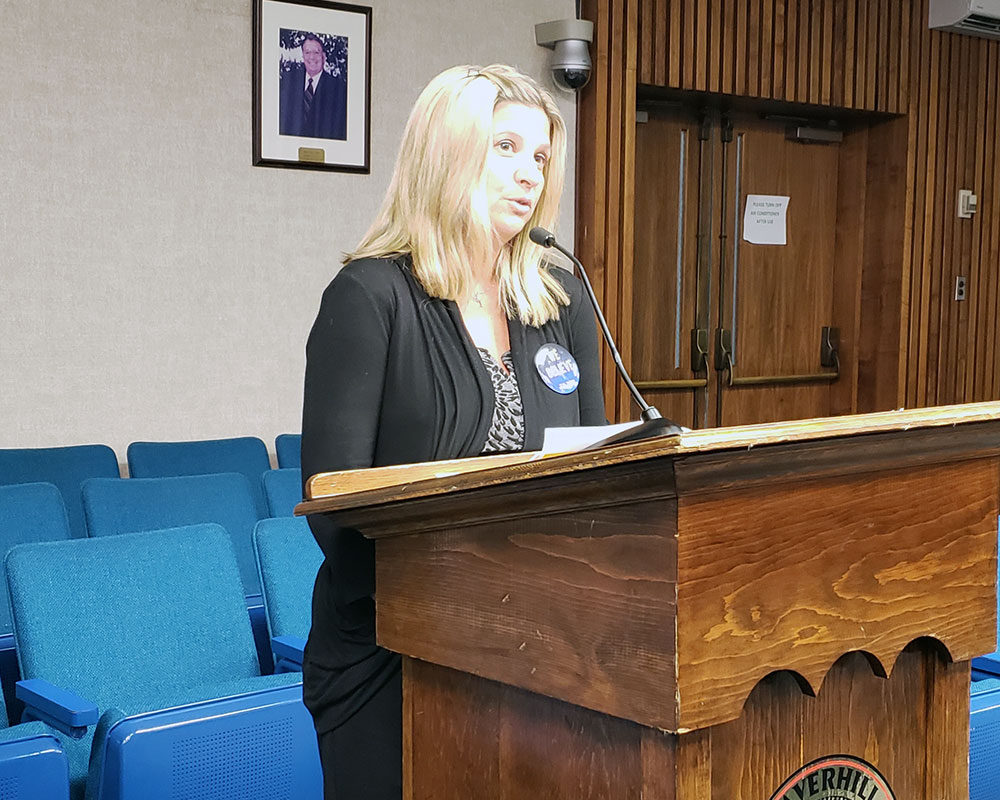While the Haverhill district grapples with potential cuts, public school officials made the case last week to include a new early literacy program in the budget.
With the Department of Elementary and Secondary Education requiring lower-income districts to demonstrate how they will improve outcomes with state aid, Superintendent Margaret Marotta said of “Wit & Wisdom,” “that’s our most pressing lever for change.”
With a projected $10.7 million deficit next year, Chief of Teaching, Learning and Leading Bonnie Antkowiak told School Committee members it would cost an additional $421,000 to adopt the program districtwide, $260,000 plus professional development for kindergarten to second grade and $138,000 plus professional development for third to fifth grade. Marotta added they could roll it out over three years, spreading out costs.
Marotta called “Wit & Wisdom” the district’s “priority among priorities.” The committee motioned, in the words of member Richard J. Rosa to “approve this presentation we received tonight about our student opportunity act money as our priority for the Haverhill public schools.”
While Marotta said the district has already invested heavily in four of the five areas detailed in the 2019 Student Opportunity Act, they still need to work on a “comprehensive approach to early literacy.”
“We are really looking to improve our early literacy programs and our early literacy scores,” she said.
As WHAV reported, teachers who have piloted “Wit & Wisdom” spoke favorably of the program at a school committee meeting in late January. At the time, Antkowiak said the program employs high quality texts, a systematic curriculum, deep questions, full class engagement and frequent writing assignments. She added data from pilots from November 2022 to December 2023 showed promise.
English language learners, students with disabilities and low-income students need help improving their literacy, Supervisor of English Language Arts Jennifer Peterson explained. Targeted support is not enough, she said, and disparities will continue until there is a “fundamental shift” in how classes are taught.
“We really feel like, until we have a curriculum and the instructional materials that we need in the classroom for all students, we’re going to keep having more and more students needing more and more help, and that we need to get at that baseline, what’s going on in the classroom,” Marotta said.
Member Gail M. Sullivan emphasized the significance of early literacy, saying people learn to read in kindergarten to third grade and read to learn from then on.
“It’s a foolishness to say, ‘we don’t have the money right now.’ We’re spending so much money on remediation and retraining and dealing with unhappy kids because they are unsuccessful,” she said. “This is an opportunity to do it right.”
The School Committee is working on a budget that will take effect July 1.

